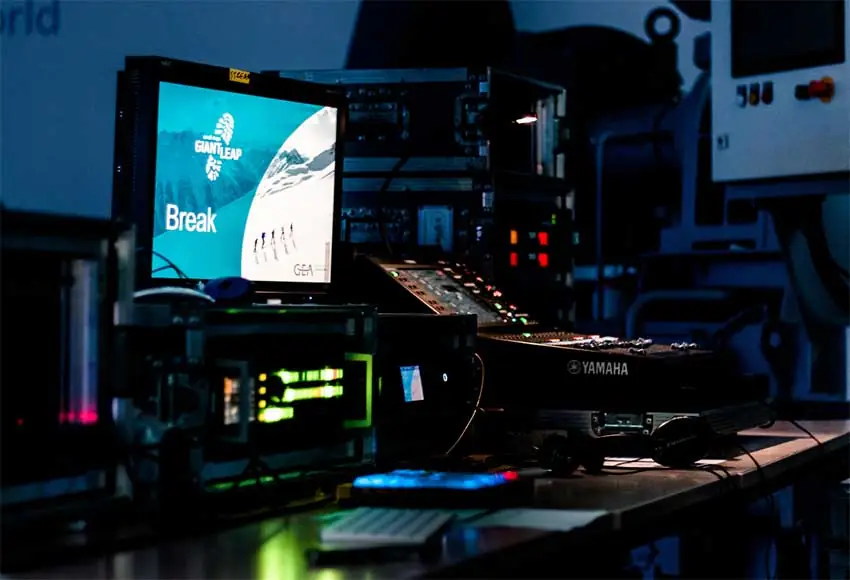How To Bring Your Next International Trade Fair Online?
Today’s digital tools mean there is no excuse for canceling or postponing a tradeshow. Don’t let exhibitors and traders down by developing a virtual alternative to the in-person show.
The world of events has changed fundamentally and companies are finding more and more opportunities to hold events and trade fairs online. The organization of a trade fair, online or hybrid, creates many more possibilities than just digitizing trade fair spaces and stands. Bringing a trade fair into a virtual format opens your event, and your exhibitor’s products, to a worldwide market.
Many components of the trade fair business can not only be represented digitally but enhanced in the virtual environment. By moving their events online, trade fair operators have the opportunity to generate additional added value for exhibitors, sponsors, and attendees, and create more interaction between all stakeholders.
7 reasons for online trade fairs
1. No need to cancel.
Exhibitors and traders depend on regular tradeshow meetings to build connections, find leads, and generate sales. Canceled shows have a huge impact. Business must continue even if it is inconvenient to meet in person. Digital tools make it possible to not only replicate the trade show experience but to enhance it.
2. Don’t let the show go on without you.
Digital shows allow trade fair organizers to maintain their brand and community resonance despite the cancellation of big fairs. They allow organizers to stay connected and provide value to their community. If you’re not going online, your competitors will. And they may take your clients with them.
3. Expand your resonance.
Online trade fairs mean the world is welcome to attend. No longer are borders a barrier to your exhibitors or attendees. You can increase the impact of your brand’s resonance globally by expanding your network and worldwide reach.
4. Lower environmental impact.
The impact of in-person fairs on the environment is considerable. Online trade fairs provide the opportunity to meet, exchange, and conduct transactions efficiently and effectively without the large environmental footprint.
5. Develop and implement new revenue streams for the future.
Using digital tools can increase your business impact and create new revenue streams. Interfaces can integrate exhibitors’ own online shops, for example, giving your exhibitors even more visibility, lead generation, and sales opportunities, as well as attracting new exhibitors.
6. Leave nothing to chance.
With the help of online event platforms, random encounters turn into targeted matchmaking that connects exhibitors and visitors in advance, who can then meet and exchange ideas physically at the trade fair or at the digital trade fair stand. In addition, valuable data and insights can be generated from the platform, which you can use to further develop your trade fair experience.
7. Reach new audiences.
Digital platforms not only provide an opportunity for more global attendees at your virtual fair but are highly rated by younger demographics. Digital fairs have the opportunity to reach the next generation of your industry from the very beginning.
Choosing the right partners
Decided on an online trade fair?
Not sure where to start?
Just as with physical fairs, working with the right production team can make all the difference. While it is possible to DIY a virtual fair, working with an established event agency (like PIRATEx) can help adapt your physical event into a virtual one. Experienced event producers can remove many of the headaches that come with adapting a fair into a digital reality. With a production company, event organizers can focus on what they do best — interacting with their attendees, exhibitors, and sponsors.
When it comes to evaluating prospective agency partners, ask about the firm’s portfolio and previous projects. Can you speak to their clients? Question them about the different platforms they utilize, and where they consider their strengths and weaknesses. What are the types of projects that they enjoy doing? Does this seem like a firm that is excited to take on your project?
Relationship building is key.
Remember, with many aspects of the events industry, successful exhibitions require good relationships. Do they have the right connections to the suppliers and partners that your project will require? Don’t be afraid to ask probing questions and to ask for a consultation before booking. Make sure you feel comfortable with the firm before making a final decision.
The Agency Process
Consulting
Established event formats that work in large halls, in person cannot always be implemented quite the same way in the digital format. While you might need to make some adjustments to suit the digital audience, in an online event, you do not need to worry about the constraints of space, budget or catering. Let your imagination, and your event objectives guide you.
In the consultation stage, agencies will assist with providing support on the best practices of bringing a fair into the digital space, and guiding organizers to the types of concepts, designs and technologies that work best for the experience they wish to create.
From the selection of the event platform as the core of your digital trade fair, to online trade fair stands, virtual product presentations, live streaming of specialist presentations and targeted matchmaking of exhibitors and visitors – together we create a completely new trade fair experience that your customers can experience regardless of their location. Together, we look at the core of your event and advise you on how this can be perfectly staged on an online platform!
Concept
The next step is to create a concrete trade fair concept that includes a detailed project plan and schedule. For this purpose, all contents of the fair, its agenda and formats, are defined and regularly optimized with regard to the given budget.
At the conception stage, the agency will designate a specific team for your project, and identify the measurable KPIs before your project begins. This way, you can analyze your event’s performance at each step of the process.
During this part of the project, organizers can choose the types of attendee engagement features that will be utilized during the event itself, and decide other features of the event platform that can be designed uniquely for your event.
Implementation
The implementation phase is when your event comes to life. For many event agencies and producers, the focus at this stage is ensuring a technically sound, and organizationally smooth event. Each day of your event will be tailored to the preferences decided in the consulting stage.
The goal of each day of the event is to ensure that organizers are not troubled by technical difficulties, and instead can focus on their attendees.
Before and during the event, we assist both exhibitors and visitors in dealing with the digital event platform. After the event, we support our clients in evaluating the results and data in order to derive maximum benefit from the trade fair.
Let’s do this
Ready to produce your first virtual tradeshow?
Still have questions?
We’d be happy to discuss your project and help share our thoughts on how to bring your event to life. Please reach out to Frederic Bleck for a no-obligation consultation.

Written by:
Felix Josephi
PIRATEx Managing Director

